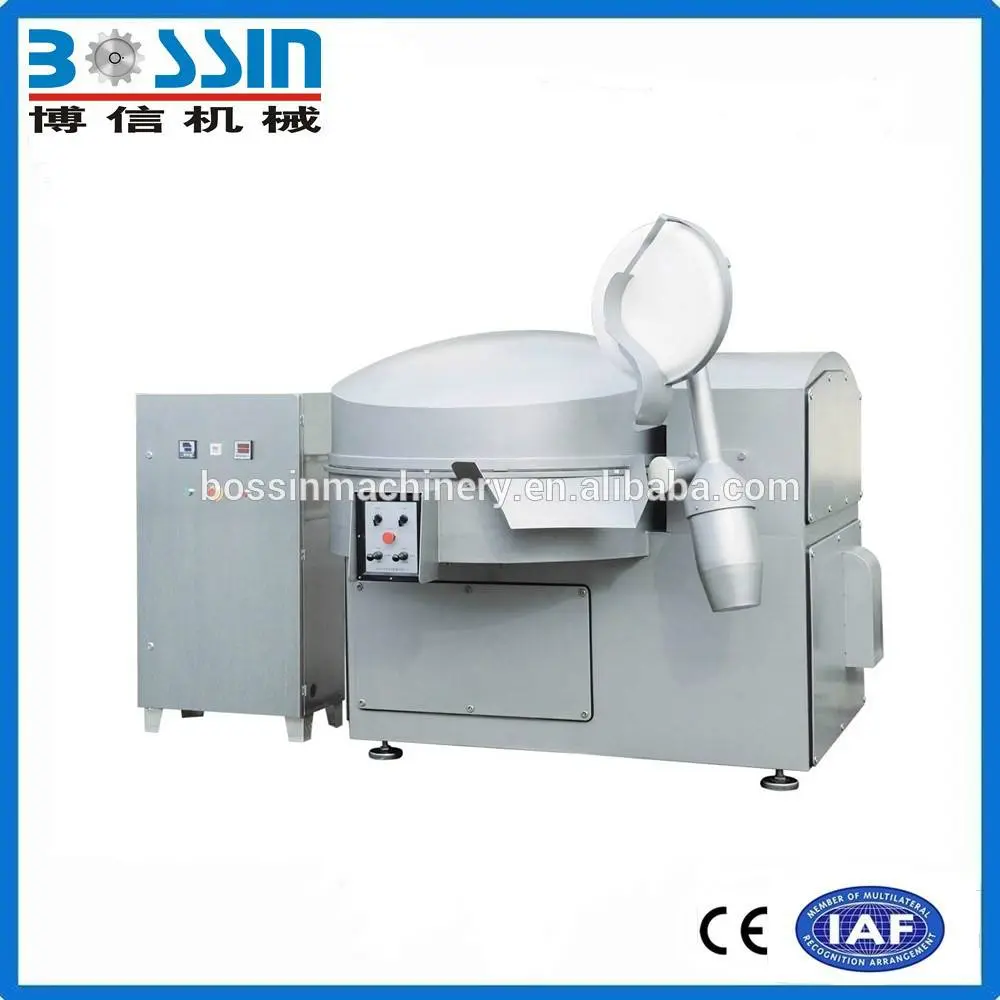
Aug . 01, 2024 03:21 Back to list
Top Suppliers for Meat Processing Blenders to Enhance Your Food Production Efficiency
Exploring the World of Meat Blender Suppliers
The meat processing industry has seen considerable advancements over the years, particularly with the introduction of specialized equipment designed to improve efficiency and product quality. Among these innovations, meat blenders play a pivotal role, enabling processors to mix different types of meat, seasonings, and other ingredients uniformly. To meet the growing demand for meat blending equipment, a variety of suppliers have emerged, each offering unique features, benefits, and technological advancements.
Understanding Meat Blenders
A meat blender is a machine designed to blend raw meat and other ingredients thoroughly. This process is crucial in creating sausages, meatballs, and other processed meat products that require a homogeneous mixture. Modern meat blenders come with varying capacities, from small units suitable for artisanal producers to large, industrial-sized machines used in high-volume processing plants.
The two primary types of meat blenders are batch blenders and continuous blenders. Batch blenders are ideal for smaller operations, allowing users to mix specific amounts of ingredients in defined cycles. In contrast, continuous blenders are designed for high-volume production processes, providing a constant flow of ingredients for mixing, which greatly enhances productivity.
Key Features to Look for in Meat Blenders
When sourcing a meat blender, there are several key features to consider
1. Capacity and Size Depending on the scale of operation, suppliers offer machines with various capacities. It's crucial to choose a blender that aligns with production requirements.
2. Mixing Efficiency The design of the blades and the mixing chamber plays a significant role in achieving the desired consistency. High-quality blenders ensure uniform mixing, which is vital for product quality.
meat blender suppliers

3. Ease of Cleaning Hygiene is paramount in meat processing. Suppliers that offer easy-to-clean designs help ensure compliance with health regulations. Look for blenders with removable parts and smooth surfaces to facilitate thorough cleaning.
4. Durability Meat processing equipment undergoes significant wear and tear. Opting for blenders made from high-quality, corrosion-resistant materials can lead to longer-lasting performance.
5. Controls and Technology Advanced meat blenders feature programmable controls that allow for precise adjustments to mixing time, speed, and ingredient ratios. Some models even come equipped with sensors to monitor the mixing process, improving consistency and efficiency.
Leading Meat Blender Suppliers
Several notable suppliers have established themselves as leaders in the meat blending market. Companies like Hobart, Reiser, and Biro are known for their reliability and quality. Hobart, for instance, offers a range of commercial meat blenders equipped with advanced technology to streamline the blending process.
Reiser specializes in innovative food processing technologies, providing machines that are designed for maximum efficiency and user-friendliness. Meanwhile, Biro has a longstanding reputation in the industry, providing durable and efficient meat blenders suitable for various production scales.
Additionally, boutique suppliers often cater to niche markets, building custom solutions tailored to specific needs. These companies emphasize flexibility and innovation, allowing clients to collaborate on developing unique blending systems.
Conclusion
In conclusion, the choice of a meat blender supplier is a critical decision for any meat processing business. With numerous options available, understanding the unique features, operational needs, and supplier reliability ensures that processors can procure the right equipment for their production goals. As the industry continues to evolve, investing in advanced meat blending technology will remain key to maintaining product quality and competitive positioning in the market. In this dynamic landscape, staying informed and seeking out the best suppliers will pave the way for success in meat processing.